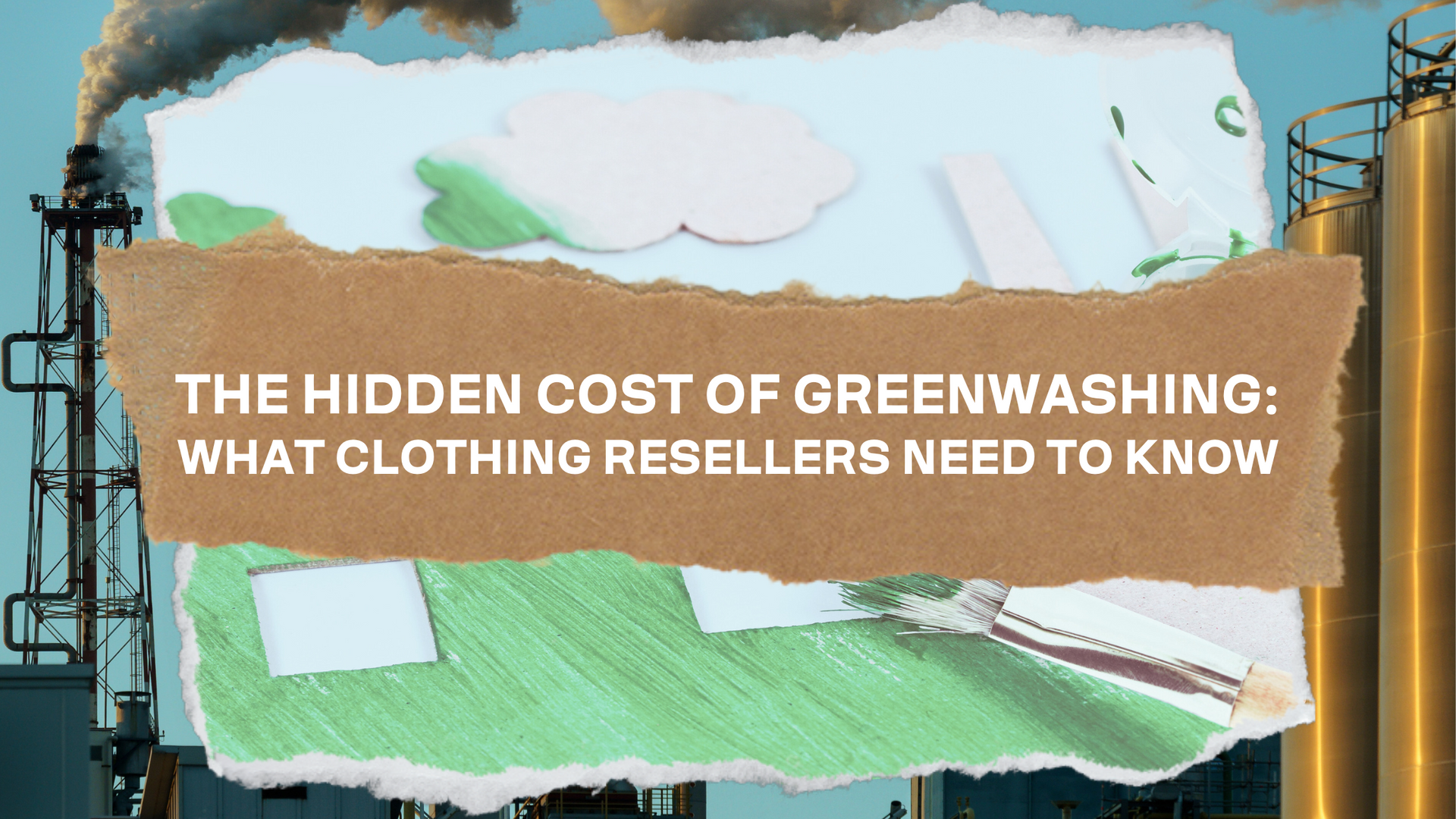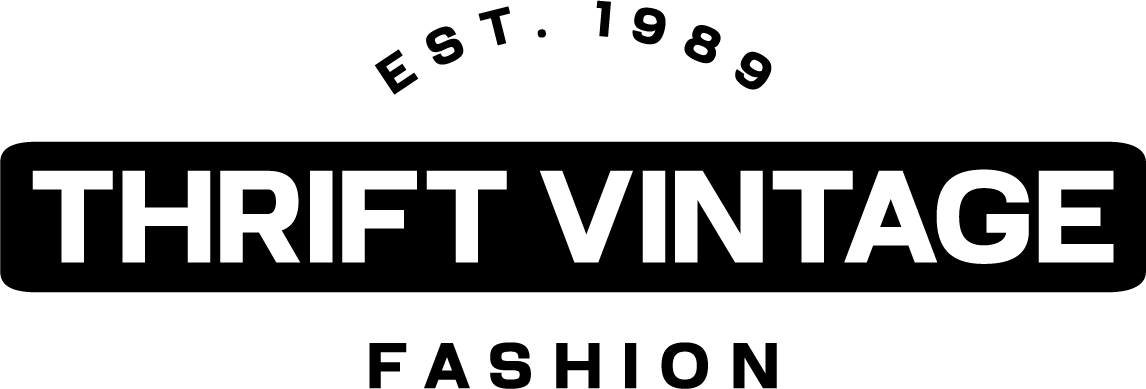
The Hidden Cost of Greenwashing: What Clothing Resellers Need to Know
In the ever-evolving landscape of the fashion industry, sustainability has become a buzzword. Brands are quick to flaunt their eco-friendly credentials, often through flashy marketing campaigns. However, beneath the surface of these glossy advertisements lies a practice known as greenwashing. As clothing resellers, it's crucial to understand this concept, its impact on the industry, and how to navigate the complex web of sustainability claims to ensure that your business remains genuinely eco-conscious.
What is Greenwashing?
Greenwashing is a deceptive marketing practice where companies exaggerate or fabricate their environmental efforts to appear more sustainable than they actually are. This can range from using vague terms like "eco-friendly" and "green" without substantial backing to selectively highlighting minor green initiatives while ignoring more significant environmental harms.
The Impact on Clothing Resellers
Greenwashing can have several detrimental effects on clothing resellers:
- Eroding Trust: When brands are exposed for greenwashing, it damages consumer trust not only in the specific brand but also in the broader secondhand and sustainable fashion movement. As resellers, your credibility is intertwined with the authenticity of the products you sell.
- Market Confusion: With numerous brands making unverified sustainability claims, it becomes challenging for resellers to discern which products are genuinely eco-friendly. This confusion can lead to unintentional misrepresentation to your customers.
Spotting Greenwashing: Red Flags to Watch For
To protect your business and maintain your commitment to sustainability, it's essential to be vigilant. Here are some red flags to watch for:
- Vague Claims: Be wary of terms like "green," "eco-friendly," or "natural" without specific details or certifications. Authentic claims are usually backed by credible certifications like GOTS (Global Organic Textile Standard) or Fair Trade.
- Lack of Transparency: Brands that do not provide detailed information about their supply chain, production processes, or sustainability initiatives are often engaging in greenwashing.
- Selective Disclosure: Companies that heavily promote a single sustainable product while ignoring the environmental impact of the rest of their line may be greenwashing.
- Unsubstantiated Certifications: Some brands create their own "certifications" that sound official but have no real credibility. Research recognized standards in the industry.
Educating and Empowering Your Customers
- Share Knowledge: Use your platform to educate customers about greenwashing. Inform them about how to identify genuine sustainability efforts and encourage them to ask questions about the products they purchase.
- Highlight Genuine Efforts: When promoting your secondhand clothing items, emphasize the real sustainability benefits of buying secondhand. This helps shift the focus away from dubious green claims to the tangible positive impact of recycling fashion.
- Stay Informed: Keep up with the latest news and research on sustainability in fashion. This will help you stay ahead of greenwashing tactics and better inform your customers.
- Advocate for Change: Join industry coalitions and advocacy groups pushing for stricter regulations and transparency in sustainability claims. Your voice can help drive systemic change.
Conclusion
Greenwashing is a pervasive issue that undermines the genuine efforts of the sustainable fashion movement. As clothing resellers, your role is crucial in promoting true sustainability. By staying informed, educating your customers, and advocating for transparency, you can help combat greenwashing and ensure that your business stands for integrity and authenticity. Together, we can build a fashion industry that is not only stylish but also genuinely sustainable.
